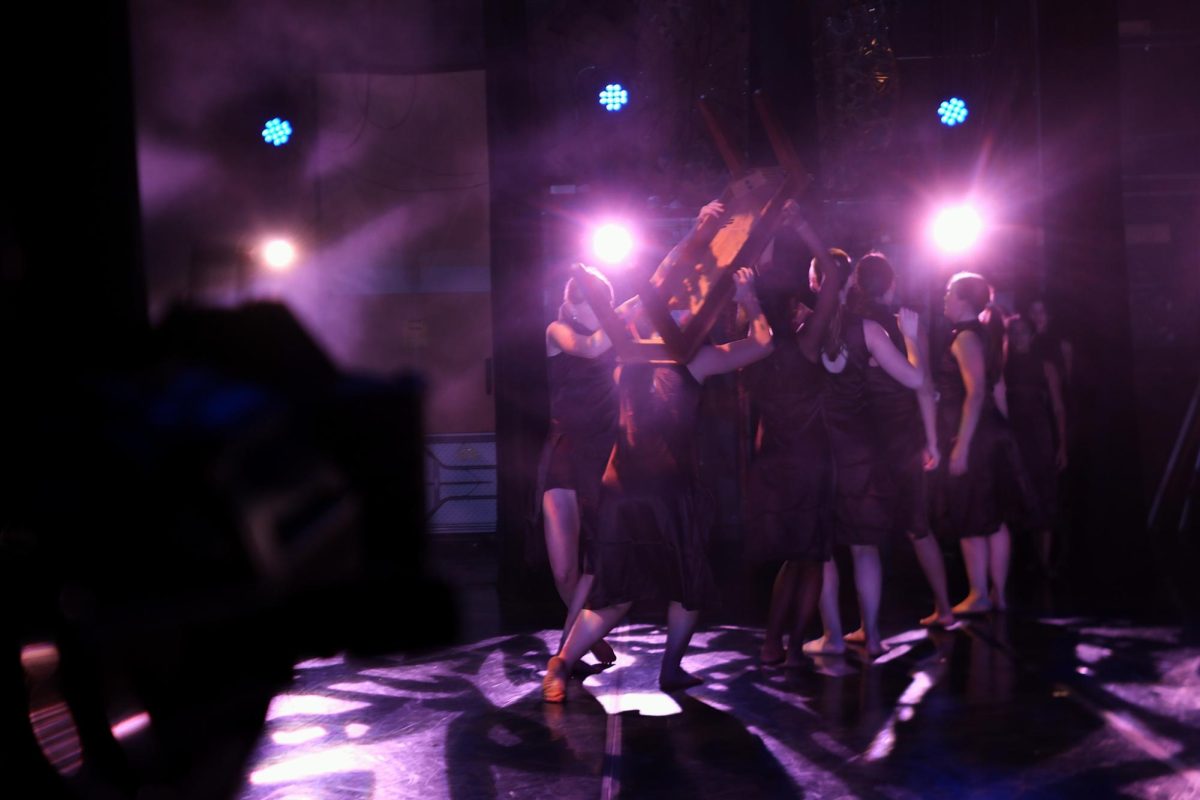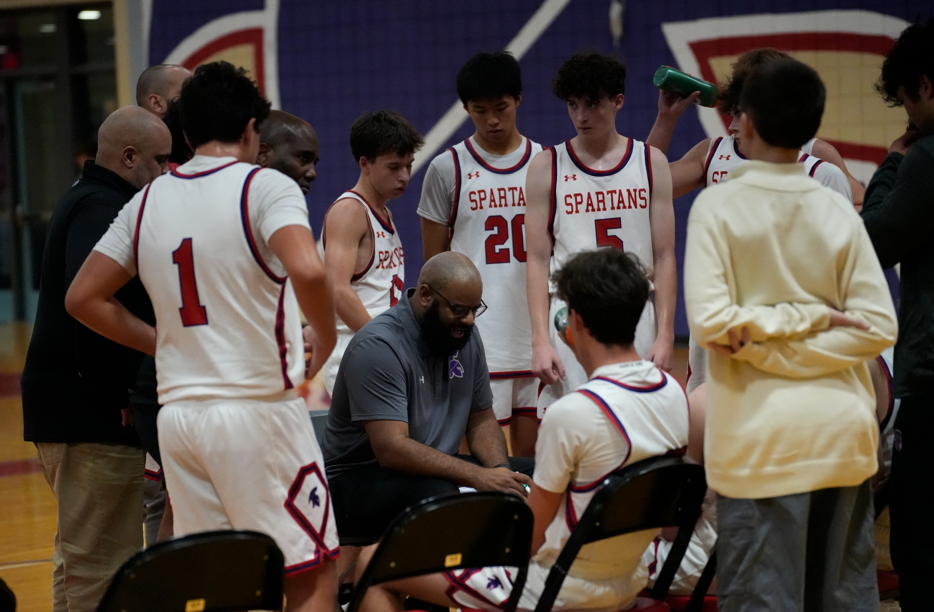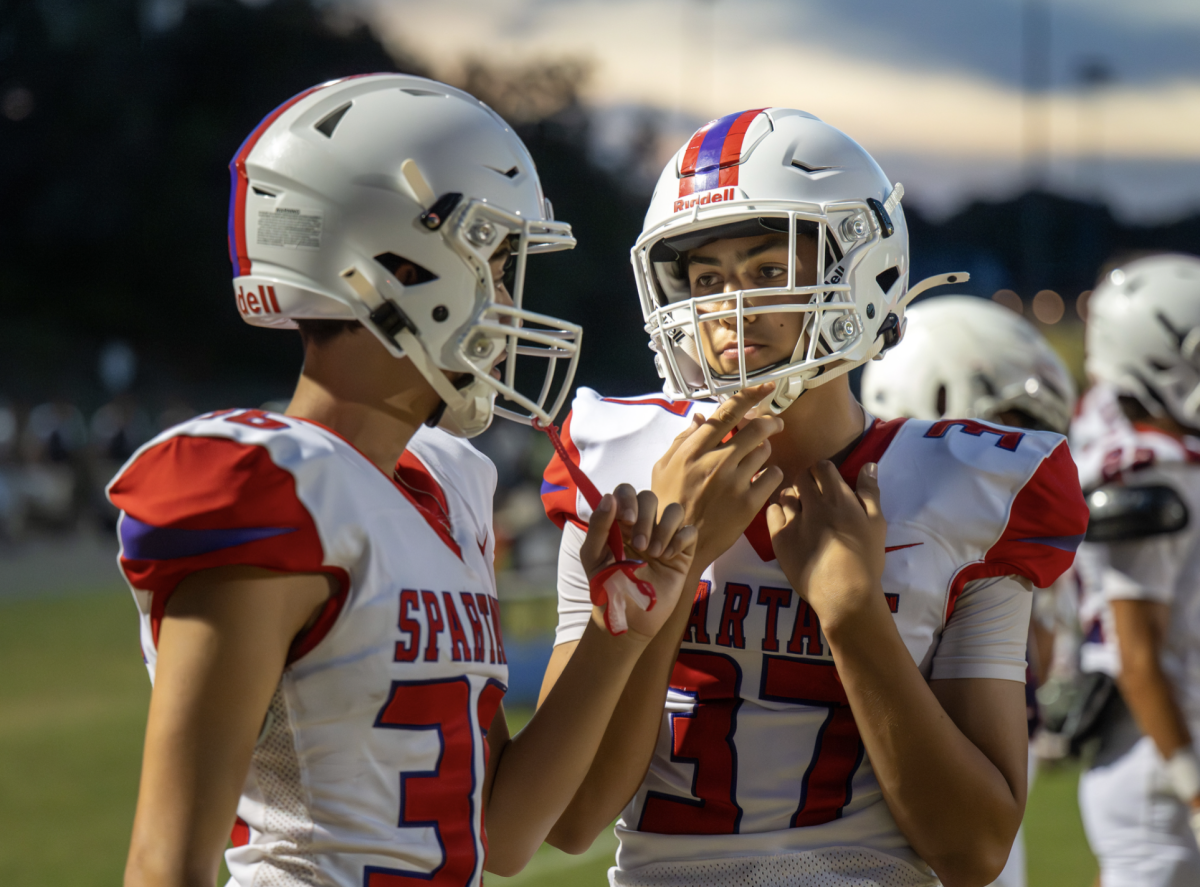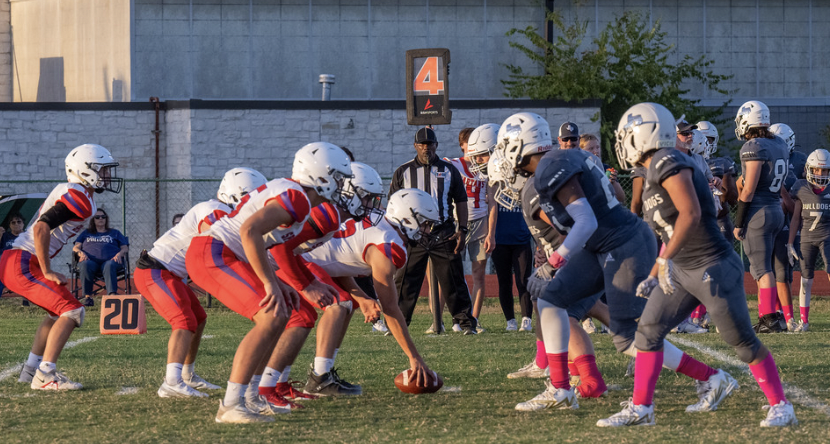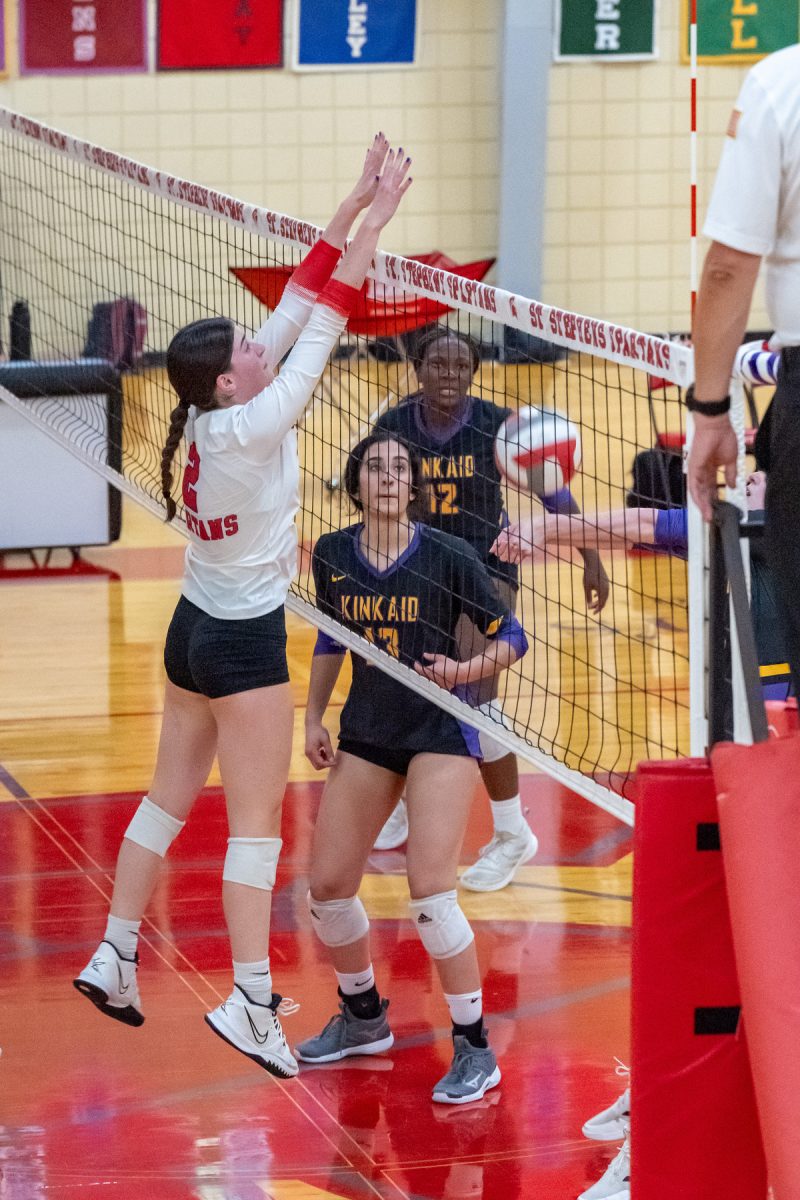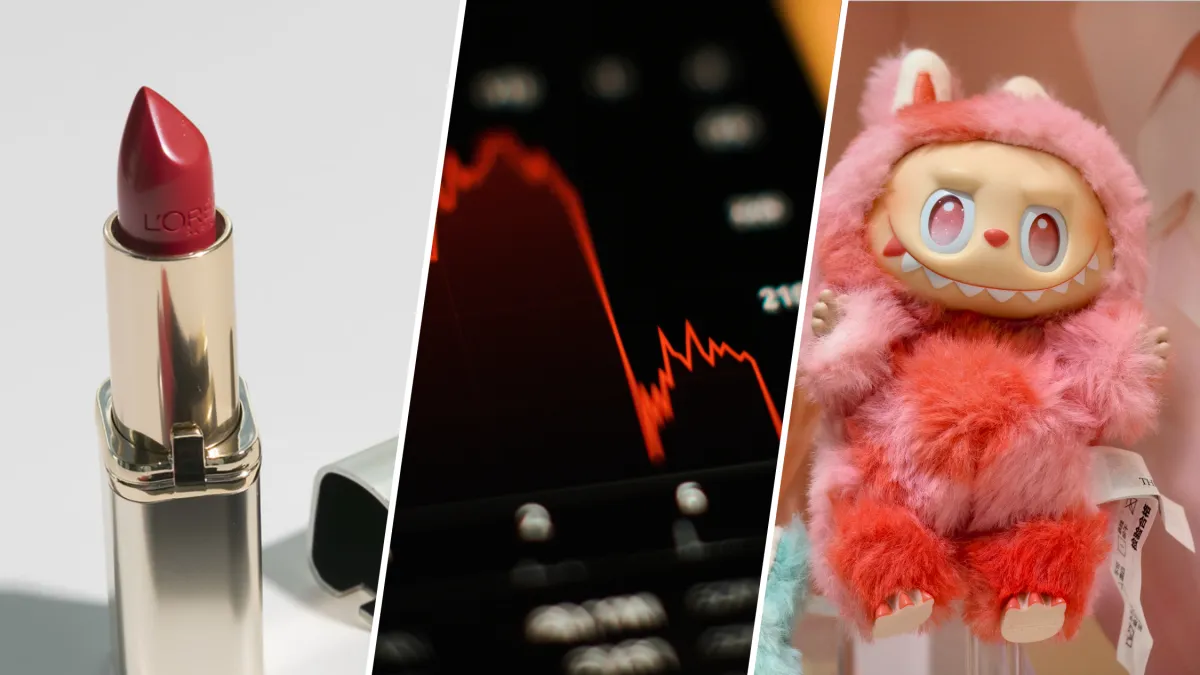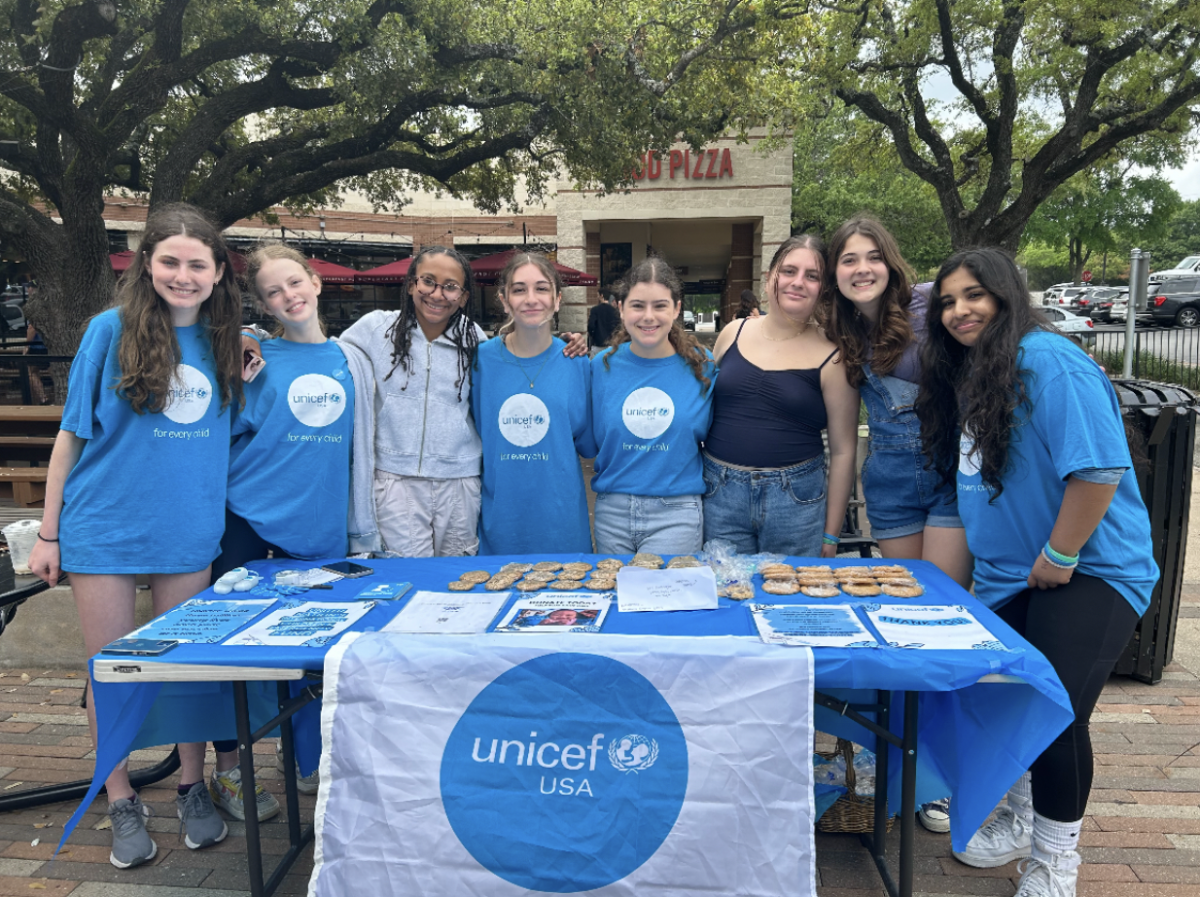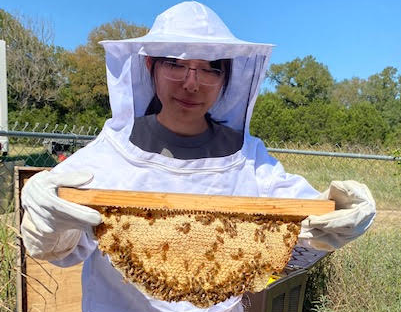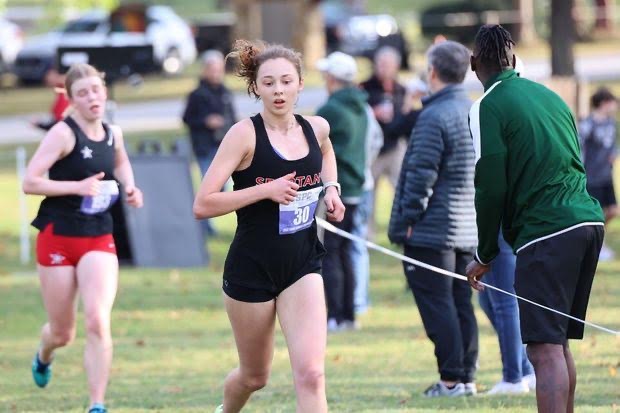Athlete Profile: Chloe Benardete
Advice for all athletes can be found in this profile of St. Stephen’s student Chloe Benardete.
Can I just point out how hard you’ve worked to get running into your schedule, even with your injuries? What were some of your biggest athletic struggles last year? What kept you going?
Last year was definitely physically and mentally challenging for me. It was a big failure, I’d say. I’d had a solid summer of training going into cross country, but then a stress fracture in my hip sentenced me to four weeks on crutches, and I had to end my season early. I bet that lots of athletes understand the times when you’ve put blood, sweat, and tears into your training and can’t reap the rewards like you wanted to because of injury, a mental block, or just bad luck. You feel frustrated and empty.
During those three or four months I spent without running, I had a fire in my belly—I wanted to get right back to where I’d been before. But sometimes a fire in your belly can start to burn you up on the inside. All I could think about was how I was missing out on running. It was painful, and there was nothing I could do about it.
What actually kept me going was taking time to explore my hobbies outside of running. I auditioned for Sense and Sensibility, which allowed me to build relationships with a whole new group of people, who didn’t see me as just a runner. All of a sudden, there wasn’t so much empty space in my head for me to ruminate about my hip or feel sad I’d lost my season. I could put my energy into being part of a new team, and while doing so, I learned that I could do something besides run in circles.
I’m in Theater Focus now, and while it’s hard for me to balance running and theater, I love having a creative outlet and a reminder that I’m more than a runner.
How would you describe the running community at St. Stephen’s? What do you like and maybe even dislike about it?
The running community at St. Stephen’s is down-to-earth, dedicated, and supportive. This team is hard-working, and no one is afraid to push past their comfort zone. I’m so excited about how this team has shown up for each other this year, as well.
I feel like we’re pushing each other to be better every day, so I’m expecting some big personal records at the end of the season from everyone and a rock-solid showing at SPC. Absolutely zero complaints, here!
Your Instagram foodie account is packed full of positivity and inspiration. What is your favorite meal you’ve posted? What is your favorite pre-workout snack?
I feel so grateful for my little Instagram community; that account is really fun for me. I think that my favorite meals I’ve posted are the ones I’ve shared with friends. Eating with company is my favorite way to eat, hands down. And my favorite pre-workout snack would have to be pretty much any form of PB&J that you can think of.
To stretch or not to stretch? How much should you stretch? What are your favorite stretches? What does your pre and post workout routine look like?
I am definitely not as diligent about stretching as I should be, and I totally pay for it. But ideally, I feel like dynamic stretching is the way to go pre-workout. To me, that means the movements are fluid and are all done standing. The goal with dynamic stretching isn’t really to increase range of motion, but to get your body ready to move in all sorts of different planes without getting injured. Post-workout, I’ve heard that static stretching can be great for recovery. I’d categorize any lying-down stretch held for more than 20 seconds or so as a static stretch. But of course, I’m no expert, and I really only have swimming and running experience!
What advice would you give to athletes who are struggling with self-doubt, conflicting commitments, and/or injuries? What advice would you give to freshmen runners who are new to the St. Stephen’s athletic community and people who are new to running in general?
For any female-identifying athlete, I’d first recommend joining the Next Generation of Women in Sports! Kristin Svahn and I co-lead Next Gen, and we meet during club time every other week in Hines Lab 15A. We talk a lot about how to improve your mental game as an athlete, hear from inspiring guest-speakers, and eat snacks, of course. Most of all, our club is about building a community of female athletes at St. Stephen’s, and I know I feel most confident competing when I know I’ve got a whole club of Lady Spartans on my side.
But for all athletes struggling with self-doubt, I’m a big fan of sports psychology books. Some of my favorites are How Bad Do You Want It? by Matt Fitzgerald and The Brave Athlete: Calm the F*ck Down and Rise to the Occasion by Simon Marshall, Ph.D. and Lesley Paterson. Both of these books offer some great strategies to hijack your brain’s freak-out mode and perform your best under pressure, and they were both really interesting to read. For injured athletes specifically, I loved reading Rebound: Train Your Mind to Bounce Back Stronger from Sports Injuries by Cindy Kuzma and Carrie Jackson Cheadle. I know for a fact that I don’t remember every mental strategy in these books, but even just reading them gave me the sense that I’m not alone in any crazy thought or feeling I have while playing sports.
For athletes with commitments that conflict with sport, I feel your struggle. It’s something that I’m just beginning to figure out myself. All I know so far is that it’s never healthy to make a choice just because you’re trying to please someone else or earn an accolade; the journey has to be worth it.
And as for freshmen runners and people new to the sport, I would say that patience and consistency are big parts of running. I try to work on them every single day. College runners and lifelong runners usually have both. Also, if you can remember, when you’re really having a rough day, pretend you’re Lightning McQueen and take yourself for a ride. Do airplane arms or try to sing. Maybe stick out your tongue like Gene Simmons.


